
Eating More Than One Egg a Week May Slash Alzheimer’s Risk by 47%
A recent large-scale study has revealed that eating more than one egg per week may lower the risk of Alzheimer’s disease by as much as 47%. This is a striking finding, given how simple and accessible eggs are in everyday diets. The protective effect seems largely driven by key nutrients in eggs — particularly choline, but also lutein and other essential vitamins — which are known to support brain health and cognitive function.
Why Eggs Might Help Protect the Brain
One of the star nutrients in eggs is choline, a compound that is critical for memory and neural communication. Choline is a precursor to acetylcholine, a neurotransmitter that plays a crucial role in memory formation and attention. The study, which followed more than 1,000 older adults over an average of 6.7 years, found that higher egg consumption was significantly associated with a reduced risk of Alzheimer’s dementia. PubMed+2Neuroscience News+2
In that same research, mediation analysis suggested that about 39% of the protective effect of eggs could be traced directly to dietary choline. PubMed In other words, while eggs offer many beneficial nutrients, choline appears to be a major player in lowering Alzheimer’s risk.
Supporting Evidence from Additional Research
Beyond that cohort study, other research also supports the connection between choline and cognitive health:
-
A randomized, double-blind clinical trial in Japan gave older adults about 300 mg/day of choline from egg yolk, and found measurable improvements in verbal memory after 12 weeks. PMC
-
In a long-term Finnish study, men with higher phosphatidylcholine intake (a form of choline common in eggs) had a 28% lower risk of dementia over two decades, and also performed better on memory and verbal fluency tasks. PubMed
-
A study using data from the Framingham Heart Study observed a non-linear (U-shaped) relationship between choline intake and Alzheimer’s risk — too little choline was linked to increased risk, and very high intake also tended to raise risk, though not always significantly. PMC
-
Moreover, another cohort from the Rush Memory and Aging Project found that simply consuming more than one egg per week (vs. less than one a month) was associated with lower Alzheimer’s pathology in the brain, as confirmed by autopsy. Neuroscience News+1
Taken together, these findings build a compelling case for choline as a nutrient of interest in neuroprotection.
How Eggs Fit Into a Brain‑Healthy Lifestyle
While eggs are clearly not a “magic bullet,” this research strengthens the idea that simple dietary choices can have a long-term impact on brain resilience. Here are a few practical take‑aways:
-
Include eggs regularly — Eating more than one egg per week, according to the study, was linked with the strongest benefits.
-
Focus on nutrient variety — Choline is important, but combining eggs with a balanced diet rich in fruits, vegetables, omega‑3s, and antioxidants may amplify the protective effect.
-
Adopt other healthy habits — Brain health is multifactorial. Regular exercise, mental stimulation, social engagement, and good sleep all contribute to reducing cognitive decline risk.
-
Be mindful of choline intake — Although choline is beneficial, some studies (such as the Framingham cohort) suggest that extremely high intake may not confer extra protection, and could be linked to other risks. PMC
Why This Research Matters
Alzheimer’s disease is a growing public health concern worldwide, affecting millions of older adults and their families. Discovering low-cost, accessible, and non-pharmacological ways to reduce risk is hugely valuable. Eggs are widely available, affordable, and easy to incorporate into meals, making them a practical option for many people.
Moreover, this study challenges some older dietary dogmas about eggs. In the past, eggs were sometimes discouraged due to cholesterol concerns. But emerging research suggests that their brain-boosting nutrients — especially choline — may outweigh potential downsides, especially in a balanced diet. Báo Thanh Niên+1
References:
-
Association of Egg Intake With Alzheimer’s Dementia Risk, Rush Memory and Aging Project. PubMed
-
Neuroscience News summary of egg-Alzheimer’s study. Neuroscience News
-
Randomized controlled trial on egg‑yolk choline and memory. PMC
-
Kuopio Ischaemic Heart Disease Risk Factor Study on dietary choline and dementia. PubMed
-
Framingham Heart Study on choline intake and Alzheimer’s risk. PMC
-
Lipid & health research linking egg phospholipids to brain function. BioMed Central
News in the same category

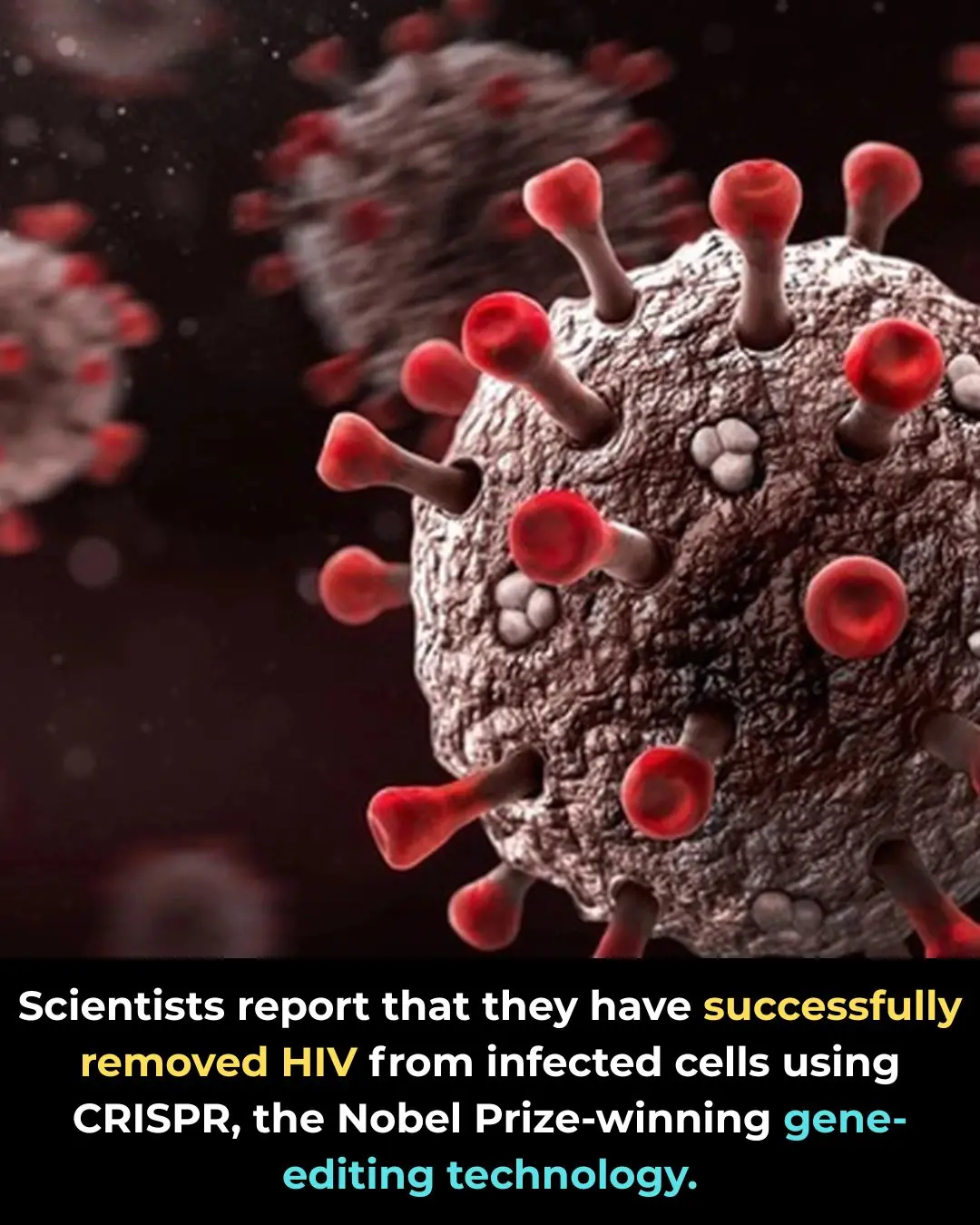
CRISPR Breakthrough Offers Hope for a Potential HIV Cure

Four Teens Risk Their Lives to Rescue Elderly Neighbor from Burning Home in Sapulpa

Sugar May Be a Bigger Threat to Heart Health Than Cholesterol, New Study Finds

Time Is an Illusion: Quantum Physics Suggests Every Moment Exists at Once

Beware of the Plastic Bottle Scam

Had no clue about this

For those who sleep with wet hair, you should know that…

Hidden Message Behind Finding a White Feather

Why We Can’t Sleep Without a Blanket Even on Hot Nights
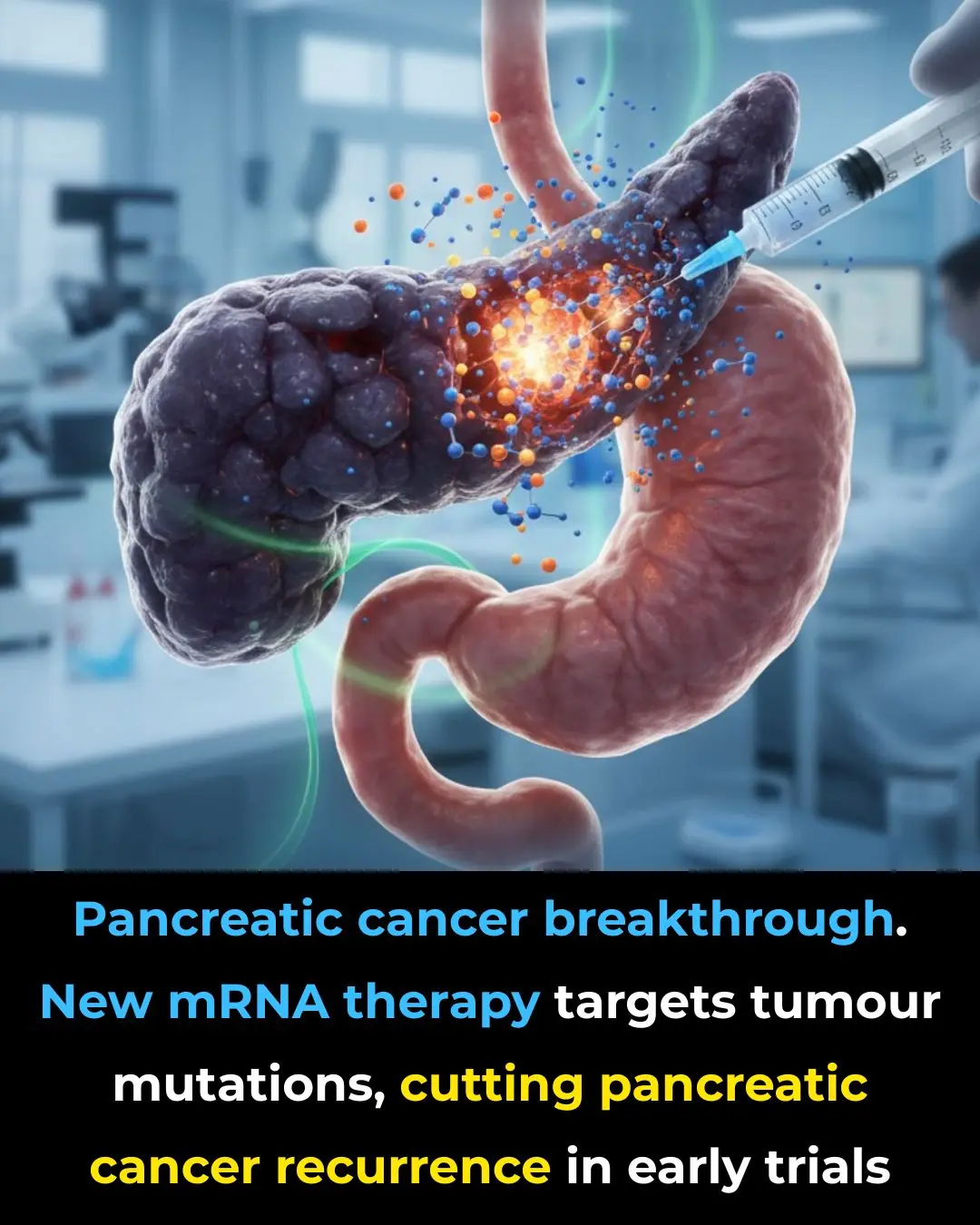
Revolutionary mRNA Therapy Shows Promise in Preventing Pancreatic Cancer Recurrence
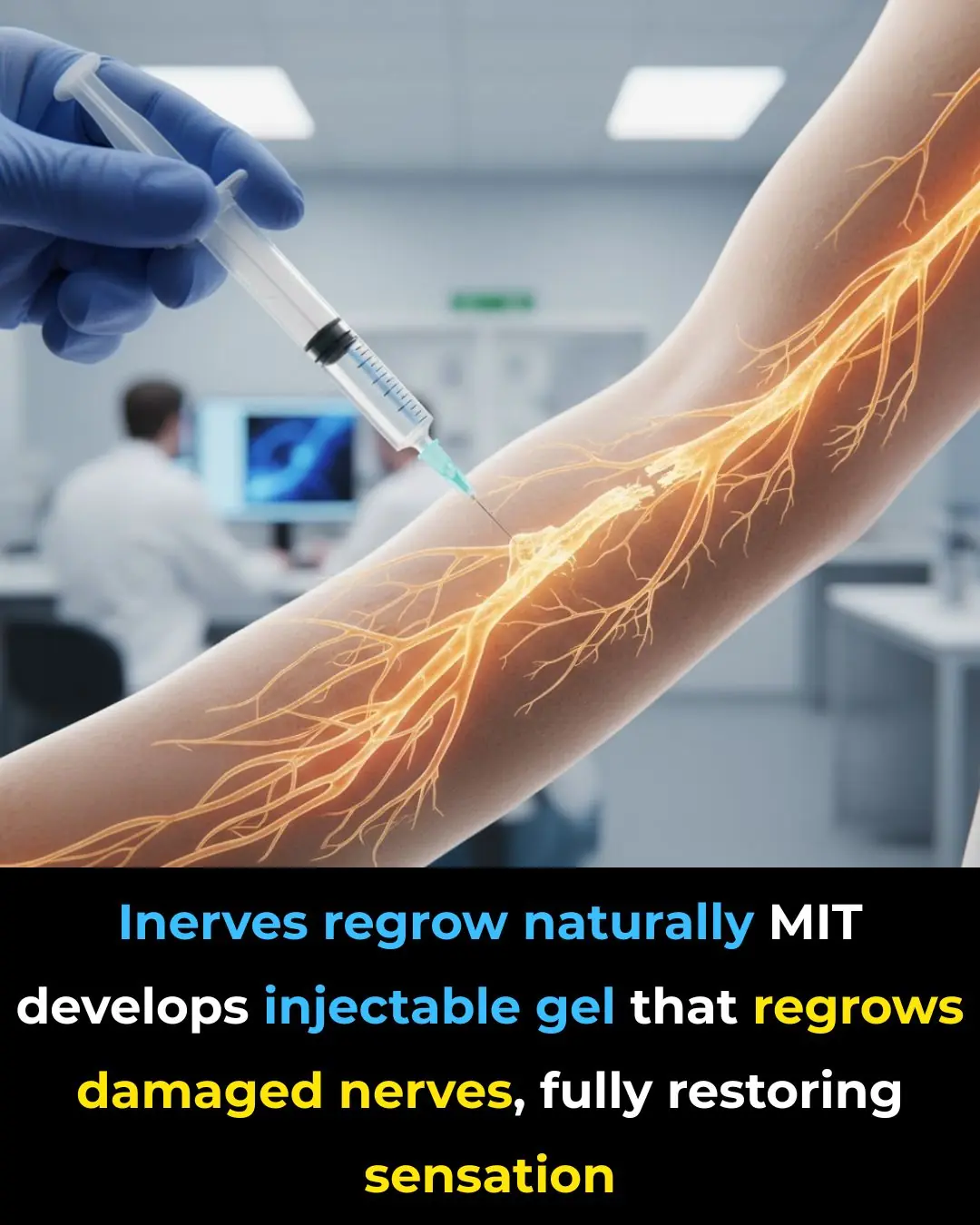
MIT Scientists Develop Injectable Gel That Can Fully Repair Nerves and Restore Sensation

A New Era of Computing: China’s Quantum Machine Surpasses the World’s Fastest Supercomputers
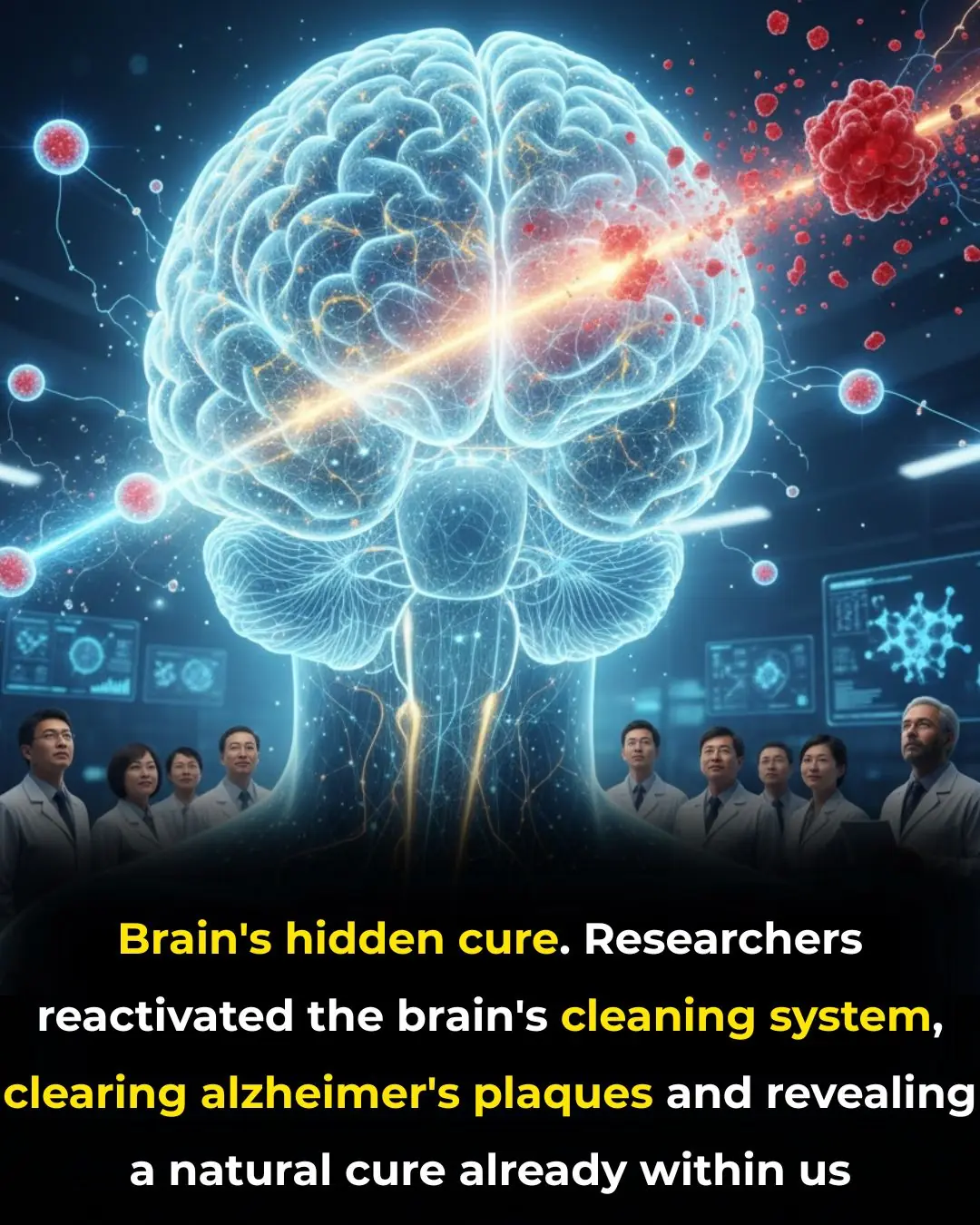
Reviving the Brain’s Waste-Clearing Pathways May Reverse Alzheimer’s Damage

New CRISPR Therapy Shows Promise in Removing HIV and Preventing Viral Rebound

Japanese Scientists Develop Drug That Could Regrow Human Teeth

White House Gives Major Update On Donald Trump's

What’s with the white paint on the tree trunks?

If You See A Bent Tree In The Forest, Start Looking Around Immediately
News Post
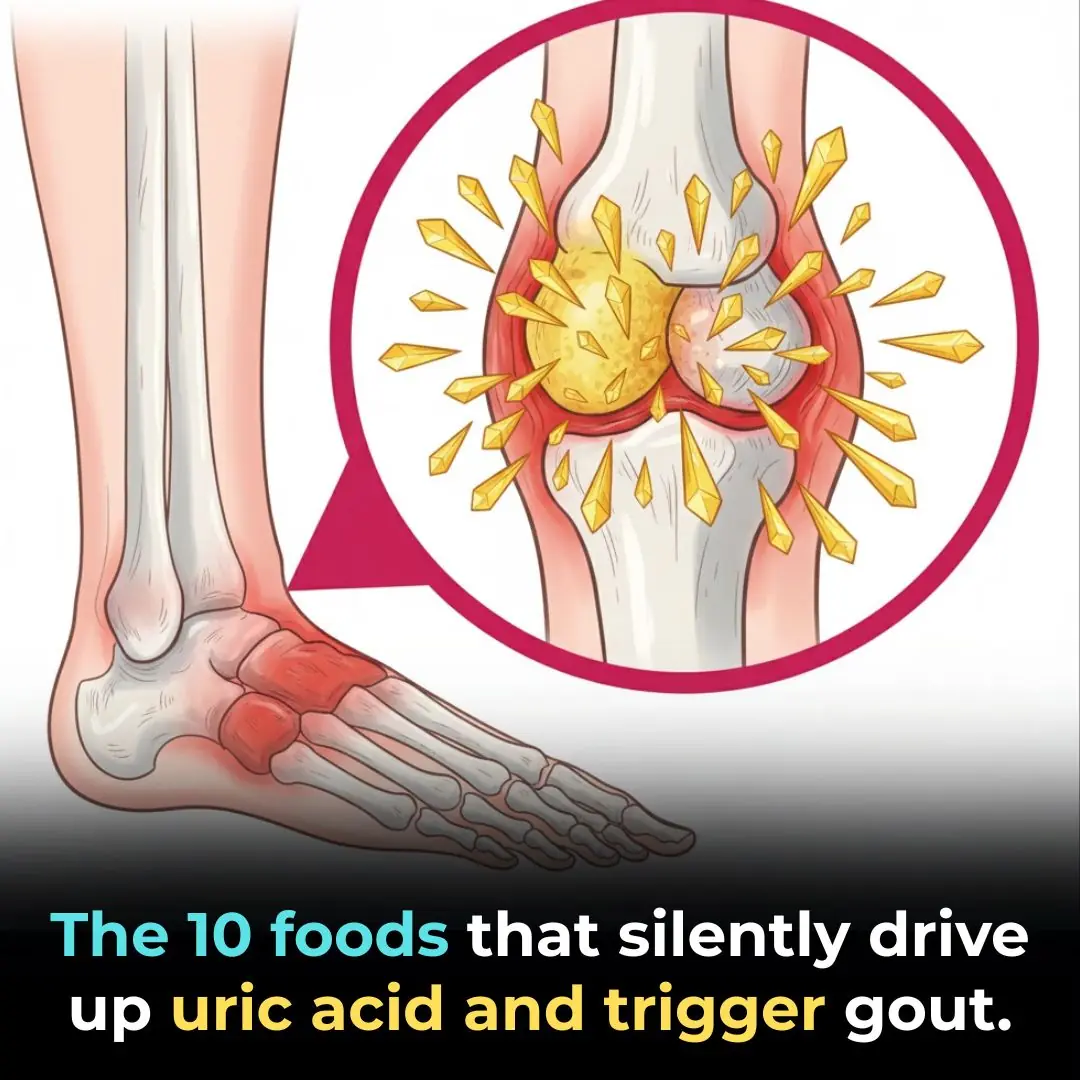
Top 10 Uric Acid Foods To Avoid If You Have Gout

Belgium’s Floating Algae Mats: A Green Breakthrough in Urban Water Purification

France Reimagines Shelter Boundaries With Community Corn Walls

5 Simple Ways to Remove Rust from Knives – Make Your Dull, Rusty Knife Shiny and Sharp Again

5 Fruits on the ‘Blacklist’ That Can Cause Cancer – Avoid Buying Even If Cheap

“New Research Reveals How Aging Impacts Male Fertility and Sperm Health”

Pork Skin – The Often Overlooked Superfood

Don’t Throw Away Lemon Peels! Use Them for These 8 Household Tasks and Save a Ton of Money

10 surprising ways to use vinegar around the house

Stop eating these 10 things of CRAP

Mix Banana Peels With This and Leave It in a Corner — Roaches Will Disappear Overnight

Discover how eggs support your baby’s brain development — full details in the comments!”

Weak Toilet Flush and No Suction? A Simple Trick From a Professional That Fixes It Instantly

Five “Dirtiest” Parts of the Pig That Butchers Never Take Home for Their Own Families

Blueberries: A Powerful Daily Boost for Heart Health

The Whole Family of Three Was Diagnosed With Thyroid Nodules; the Mother Collapsed: “I Thought Those Two Things Were Always Good to Eat and Could Prevent Cancer”

Motherhood Rewires the Brain: Why Postpartum Recovery Takes Years, Not Weeks

CRISPR Breakthrough Offers Hope for a Potential HIV Cure
